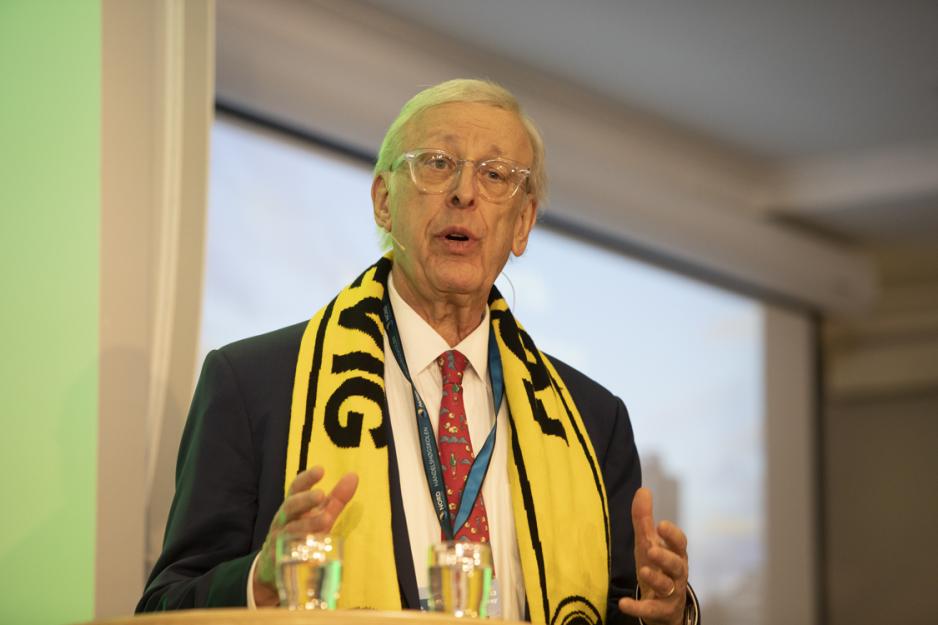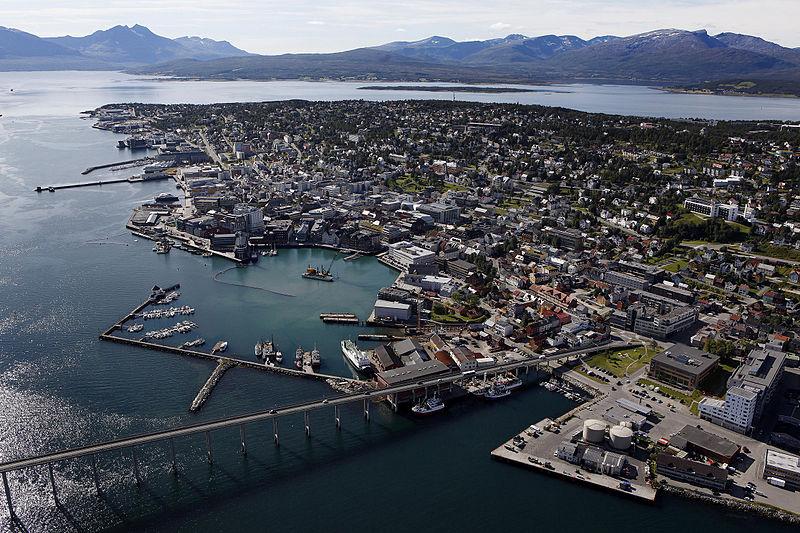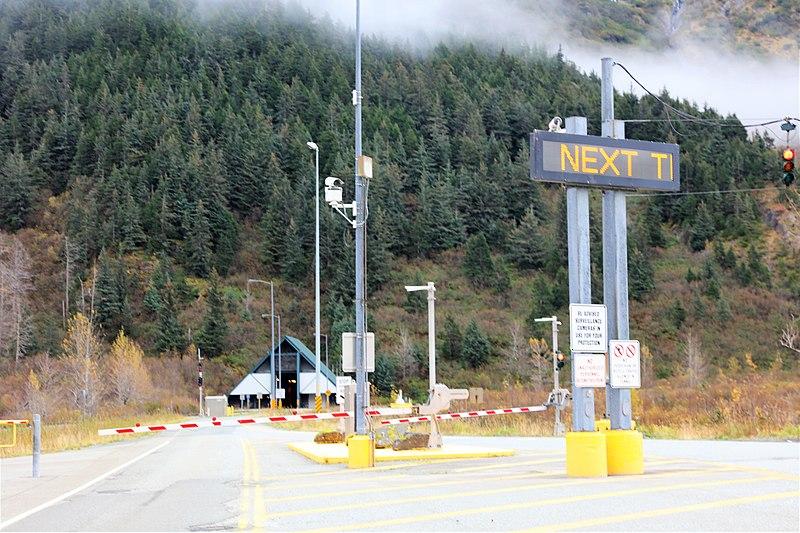US wants to increase visibility of the High North to American policy makers

In an interview with High North News, US Ambassador to Norway, Marc Nathanson, says he expects more interest from US businesses in the High North in the coming years. He also sheds light on the possibility of more US diplomatic presence in Tromsø.
“From being neglected over many decades in global policy, there is an enormous focus towards the Arctic, not just in the US, but throughout the world.”
When meeting with High North News in Bodø, US Ambassador to Norway, Marc Nathanson, explains that among the political leaders in the United States, there is certainly growing interest in the Arctic.
“I think you will see more and more interest from the US government in the Arctic and the High North,” the Ambassador says.
Business interest and green transition
The increased US focus on the High North over the past years is largely linked to geopolitical developments, with a special eye towards Russian military build-up activities in the North Atlantic and Barents Sea, as well as Chinese interest in the region.
Nathanson however also point out that future interest from the US government in the Arctic also very much will be in terms of climate issues. That also goes for US businesses.
“In the next five to six years, I think you are going to see more interesting investments in the High North from joint ventures, American companies, as well as companies from the EU. And that is not just in the traditional energy sector, but within new technology. This is very interesting and important for the future, and for the green transition.”
“We are looking at how we can increase visibility of the High North to the American public and policy makers.”US Ambassador to Norway, Marc Nathanson.
Possible US presence in Tromsø
Lately, there has moreover been talk about US establishing a diplomatic presence in the city of Tromsø in Northern Norway.
The Norwegian newspaper Nordlys reports that US authorities are looking at the possibility of establishing diplomatic presence in Tromsø, and according to Nordlys, the US has contacted relevant actors in the city with regards to questions about renting premises.
“We are looking at how we can increase our visibility of the Arctic and the High North to the American public and policy makers. One of the thoughts is to increase our presence,” Nathanson tells HNN and adds:
“This is one of the subjects we are working on, but no final decision has been made yet.”
Might this be a diplomatic presence?
“Some type of presence,” the Ambassador says and adds that it is unclear how this may be defined.
“We are working on this along with other issues, such as student exchanges, business and indigenous peoples,” he continues.
“The Ministry of Foreign Affairs is in continuous dialogue with the US authorities on cooperation between our two countries. This also applies to questions about representation,” says Ragnhild H. Simenstad, Communications Adviser at the Norwegian Ministry of Foreign Affairs to Nordlys.

Diplomatic efforts
Former U.S. Coordinator for the Arctic Region, James DeHart, has previously mentioned that the US has been launching a comprehensive and an integrated diplomatic approach and engagement in the Arctic region.
In an interview with High North News in 2020, DeHart further added that the U.S. Department of State has been developing its own diplomatic plan in the Arctic.
He explained that US diplomacy is intended to be balanced, and that the US is looking at the Arctic from a security perspective, but also from a science perspective, and invest heavily in science and Arctic research. “We are also very much involved in the standards surrounding economic development in the region, that is an important area of work,” he added.
In 2020, the US also reopened its consulate in Nuuk after 67 years. “The opening is really significant when you look at finite resources that we have for our diplomatic platforms around the world,” DeHart said.
More than military issues
While the US has been increasing its activity and engagement, particularly in the European High North, there is also growing focus towards Alaska.
The state, which makes the US an Arctic nation, holds a particularly important role to the defense of the US homeland due to its strategic location.
Ambassador Nathanson explains that the climate dimension is particularly relevant for Alaska, and that people in the state, and particularly Senator Lisa Murkowski (R) and Senator Dan Sullivan (R) are interested in seeing more activity with regards to the Arctic from the Senate, as well as among the Biden administration and the State Departement.
“And this is even in areas that has nothing to do with climate or military issues,” the Ambassador continues and closes with an area in which Alaska may possibly look towards Northern Norway:
“Some ask me; how has Norway done such a great job at building tunnels on roads?”, Nathanson says and adds that there are are very few tunnels in Alaska, even though Alaska has very similar terrain as Norway.
